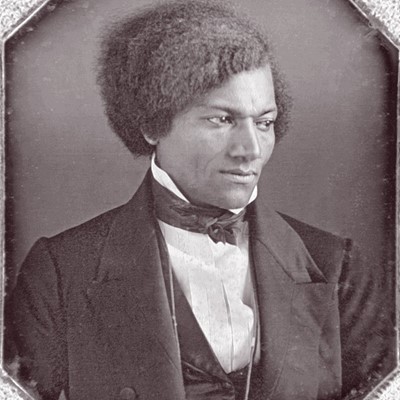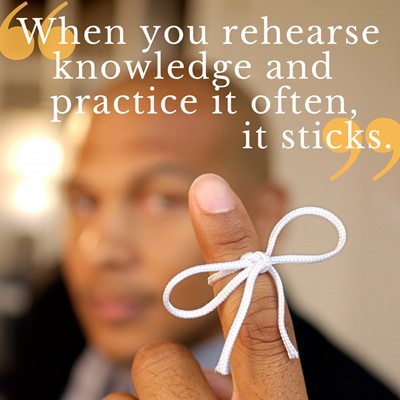
When we talk about pronouns at The Buckley School, we're eager to honor a person's preferences. But most of our conversations tend to be about clarity. And in public speaking, sometimes pronouns don't quite do the job the speaker is counting on them to do.
Let's look at few ways pronouns might be letting a speaker down.
Audience: "I've lost track of who is doing what to whom."
In particular, when a speaker is using they and them to refer to both people and organizations, the speaker's message can quickly become confusing.
For a listening audience, consider repeating the names of people and companies more frequently than you might in a written document or casual conversation.
Audience: "Is the speaker saying I need to change or that the organization needs to change?"
How a speaker uses we and you can be powerful. If there's a problem the speaker and audience have in common, for example, it may be better to say "This is a problem we must all face" rather than a problem "you must face." That's because we creates a sense of connection between the presenter and the audience—and takes away any sense of superiority or blaming on the presenter's part.
However, if a speaker needs the audience to take responsibility and take action, we can muddy that message. So consider carefully the effect you're trying to create with these two little words.
Audience: "I know it is a problem. I just don't know what it is."
Imagine a speaker describes a large, multi-faceted problem, then follows with the question: "What do we do about it?" Or a speaker tells the story of a warm, uplifting outcome and says "That's what it's all about." There’s a good chance the audience will not know exactly what it is.
And when we're revising a presentation with a speaker, we sometimes find the speaker isn't entirely clear on what it is either. If it is important, be sure to give the details of what it refers to.
Audience: "This self-centered speaker sure thinks we're interested in them."
Many speakers rely heavily on I as a way to connect and communicate with audiences. Yet, we're always urging speakers to make messages more about the audience and less about the speaker.
One way to reduce the use of I is to reduce the number of times you preface your remarks with phrases such as "I think" or "I'd like to tell you." If I is popping up a lot in your speech, this may also be a good time to look at reframing your statements. Instead of "I want you to know," for example, tell your audience how they'll benefit from knowing.






